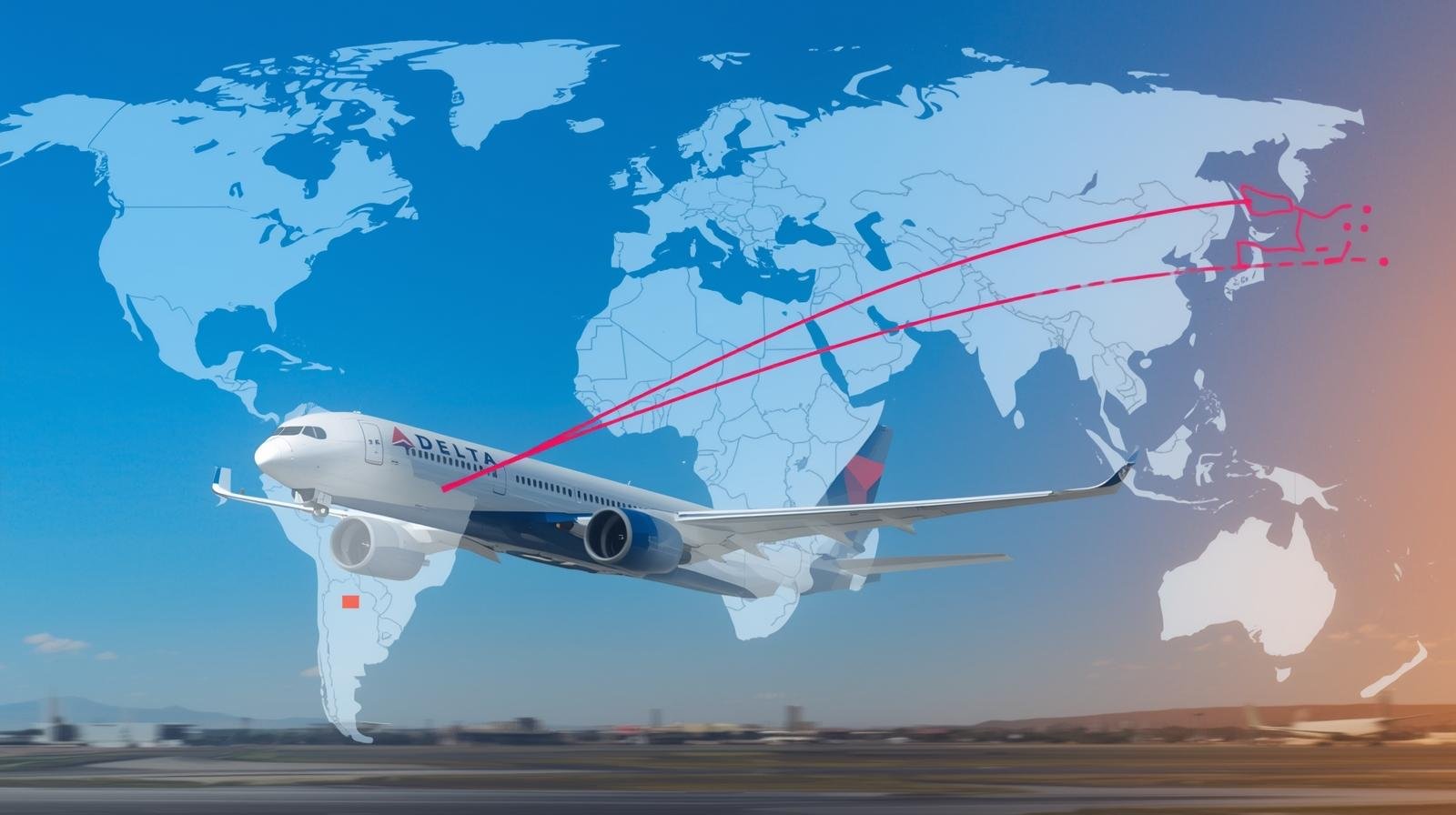Over the years, the job of a travel agent has changed a lot, but many travellers still want to know, “How do travel agents get paid?” Knowing how travel agents make money can help you make better travel choices, whether you book a luxury vacation, a business trip, or a cheap vacation package.
- The Old-Fashioned Commission Model
- Service Fees:How Do Travel Agents Get Paid
- Management of Corporate Travel
- Working with travel suppliers
- OTAs (online travel agencies) vs. regular agents
- Agencies that host and agents who work alone
- Why It’s Worth It to Pay a Travel Agent
- FAQs: How Do Travel Agents Get Paid
- Last Thoughts
In this article, we’ll talk How Do Travel Agents Get Paid , how things have changed in the last few years, and why it might be better to hire a travel professional than to plan everything yourself.
The Old-Fashioned Commission Model
For a long time, the main way travel agents made money was by getting commissions from hotels, airlines, and tour companies. The travel agent would get a percentage of the total booking amount from the supplier every time a customer booked a flight, cruise, or vacation package.
Airline Commissions: In the past, airlines paid travel agents between 5% and 10% of the cost of the trip. But in the early 2000s, most airlines cut back on or got rid of these commissions, which made agents look for other ways to make money.
Commissions for Hotels and Resorts: Many hotels and resorts still give travel agents a commission of about 10% for each booking. This happens a lot in high-end hotels and private resorts.
Cruise Lines: Cruises are still one of the best services for travel agents to make money from, with commissions of 10% to 16%.
Commissions are still a big part of agents’ income, but they’re not the only way they get paid.
Service Fees:How Do Travel Agents Get Paid
Many travel agents started charging service fees to cover their knowledge, time, and personalised planning as airline commissions went down. The amount of these fees can change based on how complicated the trip is:
Some travel agents charge $25 to $50 for each ticket when you book a flight.
Customised Itineraries: If you want to go to more than one place or have a luxury itinerary, agents may charge planning fees of $100 to $500.
Consultation Fees: Travel agents may charge for one-on-one consultations to give personalised travel advice, just like financial advisors do.
Agents make sure they get paid for the work and knowledge they provide by charging service fees, even if suppliers lower their commissions.
Management of Corporate Travel
Corporate travel services are another way that travel agents make money. Companies often hire travel agencies to book flights, hotels, and other travel arrangements for their employees.
Management Fees: Companies pay agents directly to handle travel policies, booking systems, and reports.
Negotiated Discounts: Travel agents often work with hotels and airlines to get lower rates for business clients. This makes their services very useful.
This model guarantees a steady income for agents who work in the business travel industry.
Working with travel suppliers
Travel agents also make money by working with preferred suppliers. These are deals that travel agencies make with certain hotels, cruise lines, or tour companies.
- Agents may get more money in commissions or bonuses for booking with preferred partners.
- Some suppliers give incentives and rewards, like free trips, upgrades, or extra pay for meeting sales goals.
- This helps agents make more money and gives them the chance to offer clients special deals and perks.
OTAs (online travel agencies) vs. regular agents
Online travel agencies like Expedia and Booking.com are the most popular in the digital age. But traditional travel agents are still doing well because they offer personalised service that OTAs can’t match.
OTAs also use the commission model, which is interesting. When you book a hotel through an OTA, they get a cut of the money you pay as a commission. Traditional agents offer the same service but with a personal touch. They often know more about the area, offer better deals, and make planning easier.
Agencies that host and agents who work alone
Today, a lot of independent travel agents work for host agencies. These agencies give them access to booking systems, relationships with suppliers, and commission splits.
An independent agent makes money by getting a commission, but they give a percentage of that to their host agency.
This system is good for smaller agents who want to be able to work with a lot of different travel suppliers without losing access to the best ones.
Why It’s Worth It to Pay a Travel Agent
Some people who travel wonder why they should pay an agent when they can book their trip online. There are many benefits to working with a travel agent, in fact:
Agents do all the research, bookings, and planning, which saves you time.
Exclusive Deals: Many agents can find prices and packages that aren’t available online.
Expert Knowledge: Agents give you insider tips on everything from visa requirements to the best local restaurants.
Problem-Solving: An agent can quickly rebook and fix things if flights are cancelled or plans change.
Because of these things, a lot of people who travel see the service fee as a way to buy peace of mind and value.
FAQs: How Do Travel Agents Get Paid
1. How do travel agents make money?
Travel agents earn through commissions, service fees, or supplier incentives.
2. Do travel agents charge clients directly?
Some do — they may charge a planning or consultation fee for their time and expertise.
3. Who pays travel agent commissions?
Usually, airlines, hotels, cruise lines, or tour companies pay agents a commission after the booking.
4. How much commission do travel agents earn?
Commissions typically range from 5% to 15%, depending on the travel supplier and booking type.
5. Do online travel agents get paid the same way?
Yes, online agents also earn commissions and service fees, just like traditional agents.
6. Do travel agents get paid before or after travel?
They’re usually paid after the client completes their trip or after the booking is confirmed.
7. Can travel agents earn bonuses or incentives?
Yes, some suppliers offer bonuses, rewards, or higher commissions for high-volume sales.
8. Do travel agents earn money on flight bookings?
Airlines often offer low or no commissions, so agents may charge a ticketing fee instead.
9. Are travel agents paid if a client cancels?
Not always if a trip is canceled, the commission may be lost or reduced unless there’s a non-refundable fee.
10. Do travel agents get discounts for personal travel?
Yes, many agents enjoy industry discounts or free trips (fam trips) to learn about destinations.
Last Thoughts
So, how do travel agents make money? The answer is a mix of ways: commissions from hotels, cruises, and tour operators, as well as service fees, consultation fees, and corporate travel management contracts. Even though the old model of paying travel agents only a commission has changed, they are still doing well because they offer services that online booking sites can’t match.
Working with a travel agent may not only save you money on your next trip, but it may also make it stress-free and unforgettable.





